Feminist retellings: How books reimagine mythological women
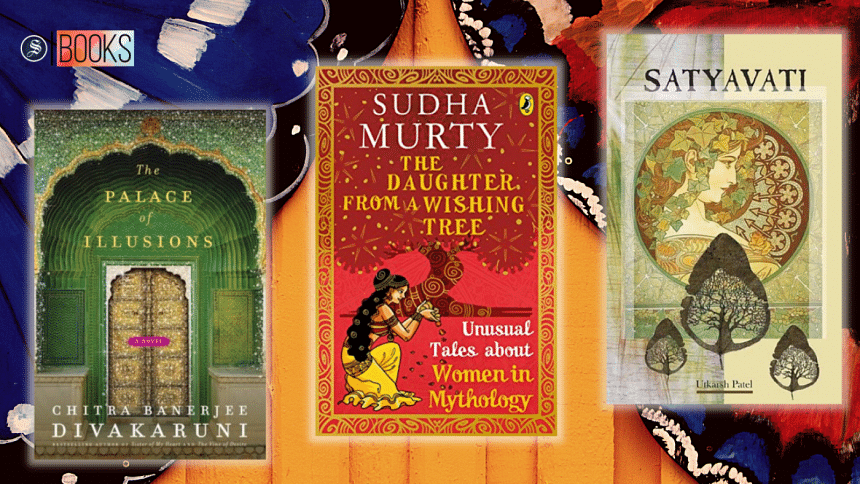
Powerful women have frequently remained at the centre of many literary works, creating a story all their own. Thanks to a renewed interest in mythology, writers have discovered ancient scriptures and revived figures we had long since forgotten. These writers present women characters who have been indomitable and resilient in fiction. On Women's Day we look back at five such stories.
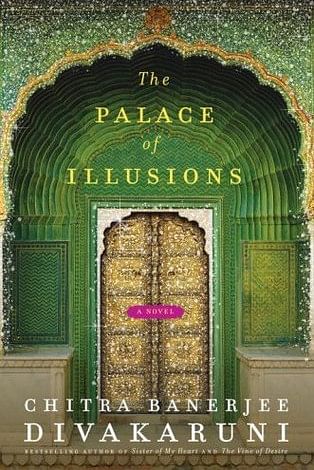
THE PALACE OF ILLUSIONS
Chitra Banerjee Divakaruni
Pan Macmillan India, 2008
Written by Chitra Banerjee Divakaruni, this novel follows the life of Princess Panchaali, popularly known as Draupadi from the Mahabharata. It begins with the mysteries around her birth and gradually progresses to her becoming a valiant woman who tries to restore her five husbands' heritage, accompanying them through years of exile and ending with a devastating civil war involving all of India's great kingdoms. Her personal struggles are properly illuminated in the primary plot, and the author paints her own version of the Mahabharata, as narrated by Draupadi. Be it her troublesome relationship with her mother-in-law, her tangled friendship with Krishna, or her secret attraction to the mysterious man who is her husbands' most dangerous enemy, Draupadi redefines the world of warriors, gods, and their always tinkering fates.
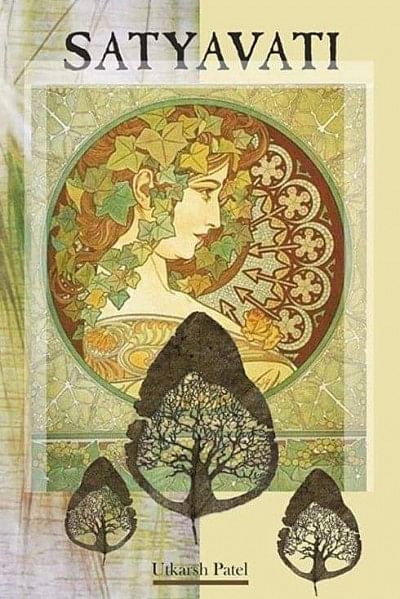
SATYAVATI
Utkarsh Patel
Kautilya Books, 2019
Utkarsh Patel's second novel is focused on the figure who serves as the centre of the Mahabharata. Satyavati was the mother of Vyasa, the renowned sage who is known to have written the epic, and the grandmother of Pandu and Dhritarashtra. Being a prominent female character in the epic, her personality greatly influenced the story and altered its trajectory. Satyavati has vision, she rules the kingdom with sensibility and pragmatism. This could be partly linked to the many times she was abandoned, as it challenges her own conscience and tells it off. In the novel, Patel explores Satyavati's character as a fierce woman who must make tough choices, instead of limiting her role to that of Hastinapura's regent queen. What makes this retelling worth reading is perhaps her evolution from a lost maiden to one of the most important characters in mythology.
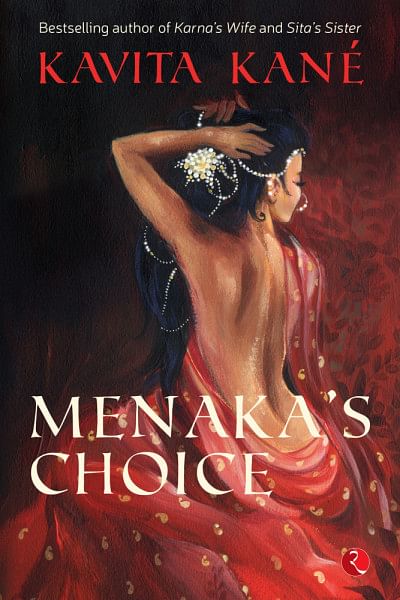
MENAKA'S CHOICE
Kavita Kané
Rupa Publications, 2015
This novel narrates the story of an apsara, who was reputedly sent by Indra to hinder great sages, such as Vishwamitra, from accomplishing spirituality. These female spirits—imagined to be as graceful as fairies from heaven—have been a popular motif in Indian mythological tales, entities that are often sent to earth by the devas (Gods) to check growing powers of asuras (demons), or to disrupt meditating ascetics from becoming too powerful. However, their roles have always been regarded as secondary to the plot. Kané's perspective depicts Menaka as the protagonist.
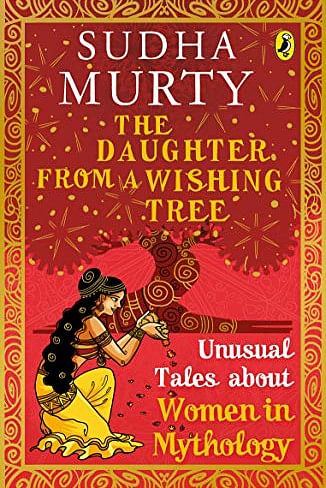
THE DAUGHTER FROM A WISHING TREE: UNUSUAL TALES ABOUT WOMEN IN MYTHOLOGY
Sudha Murty
Penguin Random House India, 2019
Written by Sudha Murty, the book portrays the lives of Indian women who led armies on behalf of the Hindu gods. A collection of 24 uplifting stories, it features well-known protagonists like Shiva's wife, Parvati, and Mandodari Ravana's wife, Mandodari, to the lesser-known Ashokasundari and Bhamati. These women display extensive strength, determination and valour, acting as the pillars of their families and masters of their own fate. The book highlights the quiet sacrifices of these women, who, despite playing important roles in forging the popular mythological tales, were marginalised. Following The Serpent's Revenge (2016), The Man from the Egg (2017), and The Upside Down King (2018), this is the fourth book in her mythological trilogy.
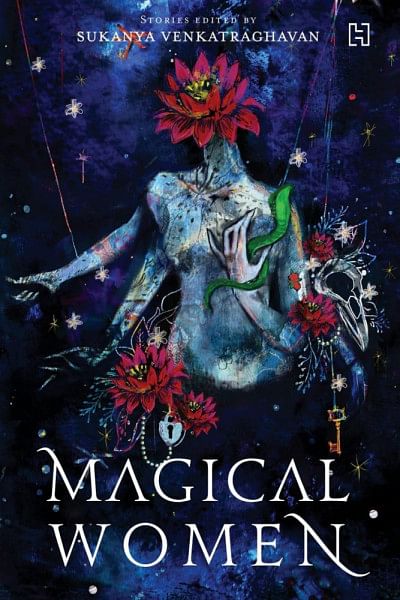
MAGICAL WOMEN
Sukanya Venkatraghavan, et al.
Hachette India, 2019
The Magical Women anthology comprises 14 stories by well-known contemporary women writers, each drawing on preexisting women from Indian mythology and folklore but with their own unique touch. Edited by Sukanya Venkatraghavan, the book assembles a group of stories involving vegan chudails (witches), athleisure-wearing Lakhsmi (the goddess of wealth and prosperity), yakshis (female nature spirits) stranded in a dystopia, rakshasnis (demoness) who garden, among many others, and focuses on the idea of feminine power. Resultantly, these protagonists take charge of their own fates is a recurring motif in all of the stories. These stories openly prioritise women and are not afraid to express their fury, on vast range of issues like the climate change, rape, slut-shaming, and so on.
Maisha Islam Monamee is a student of IBA, DU, and a freelance journalist who likes reading, scribbling, and blogging. Follow @monameereads on Instagram.

 For all latest news, follow The Daily Star's Google News channel.
For all latest news, follow The Daily Star's Google News channel. 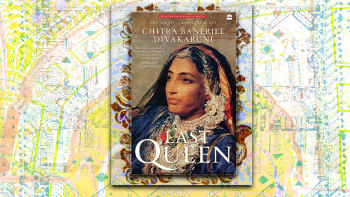
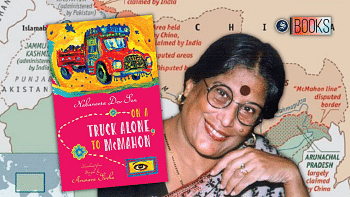
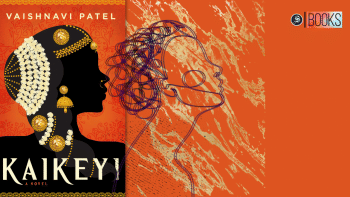




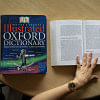




Comments